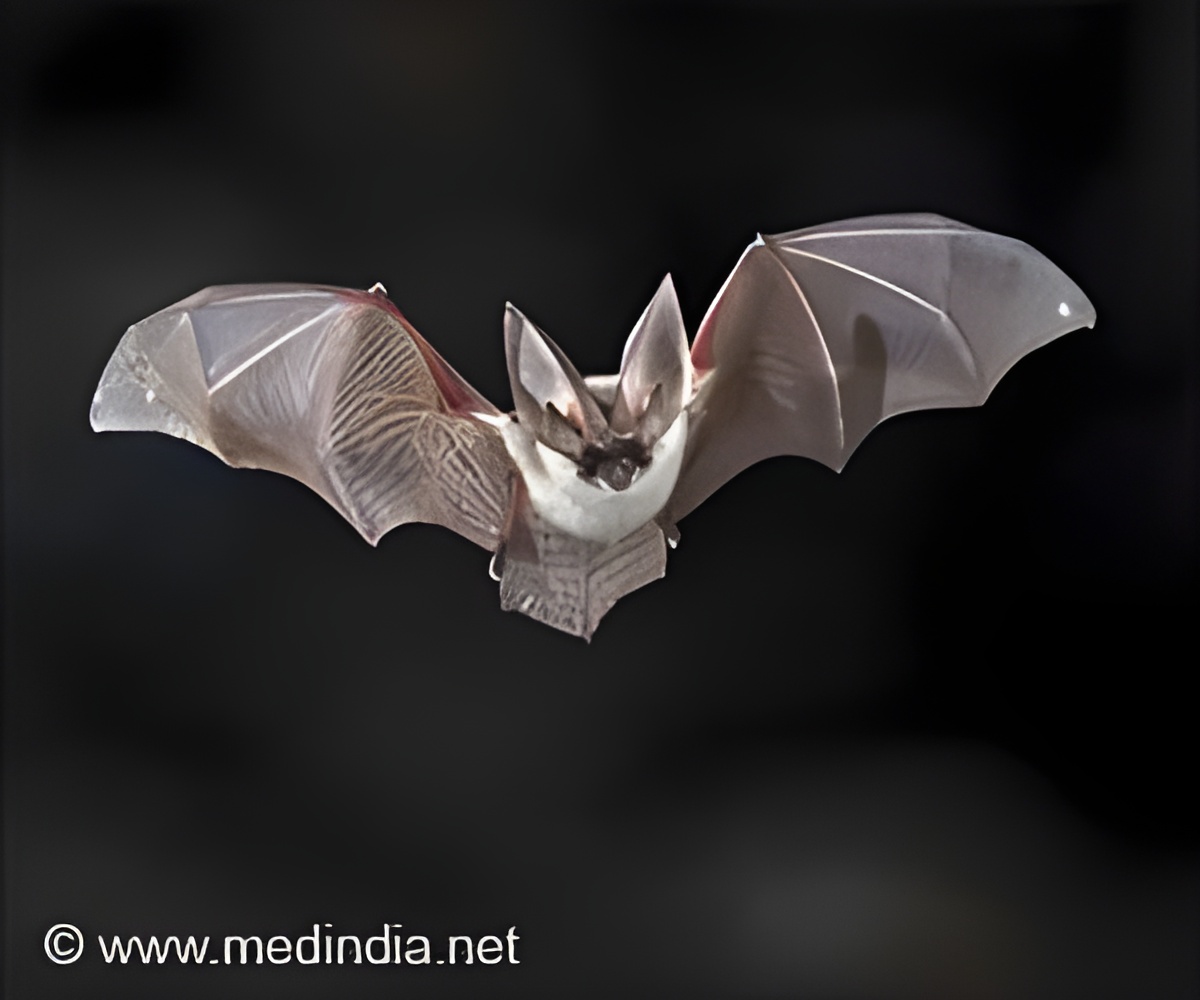Delve into bats' genetic secrets that arm them against diseases like COVID-19 and cancer. Discover how they have evolved unique genomic defenses.

- Bats possess a remarkable immune system resisting viruses that affect humans
- Genomic research reveals bats' unique adaptations, helping them tolerate viruses and resist cancer
- Changes in bats' interferon-alpha genes potentially explain their high viral tolerance
Bat's Genetic Secrets to Their Disease Resistance
According to experts at Cold Spring Harbor Laboratory, it's all in the genes (1✔ ✔Trusted SourceLong-Read Sequencing Reveals Rapid Evolution of Immunity- and Cancer-Related Genes in Bats
Go to source). Professors W. Richard McCombie, Adam Siepel, and postdoc Armin Scheben sequenced the genomes of the Jamaican fruit bat and Mesoamerican mustached bat using samples acquired in Belize with Nancy Simmons from the American Museum of Natural History. When the researchers compared these sequences to those of other mammals, they discovered that rapid evolution has simplified bat genomes to protect against infection and cancer. McCombie elaborates, "We had no idea immune system genes were so highly selected in bat genomes." Bats have a lot of peculiar characteristics. They do not respond to infections in the same manner that we do. It's hardly unexpected, in retrospect, that this divergence in the immune system may be involved in both aging and cancer response."
How Bats' Unique Genomic Adaptations Shed Light on Their Viral Tolerance
The Jamaican fruit bat and Mesoamerican mustached bat are members of the world's most ecologically varied mammal superfamily. McCombie, Siepel, and Scheben used new Oxford Nanopore sequencing technology to build entire genomes for both bats. They then compared these sequences to the genomes of 15 other bats and mammals, including humans. This indicated a previously unknown change in the levels of two inflammatory protein-coding genes known as interferon-alpha and -omega."Bats have dialed down the immune system's alarm by shedding genes that produce interferon-alpha," Scheben said. "This could explain their high viral tolerance." It protects healthy tissue from hyperactive immune reactions, which is one of the reasons infections are so dangerous to people."
Bat Genomes: Intricate Link Between Cancer Resistance and Immunity
They also discovered that bat genomes have more alterations in cancer-related genes than other mammals, including six that repair DNA and 46 that suppress cancers."Our work highlights how immunity and cancer response are deeply interconnected," Scheben said. "The same immune genes and proteins play important roles in cancer resistance."
Reference:
- Long-Read Sequencing Reveals Rapid Evolution of Immunity- and Cancer-Related Genes in Bats - (https://academic.oup.com/gbe/article/15/9/evad148/7259420)
Source-Medindia









